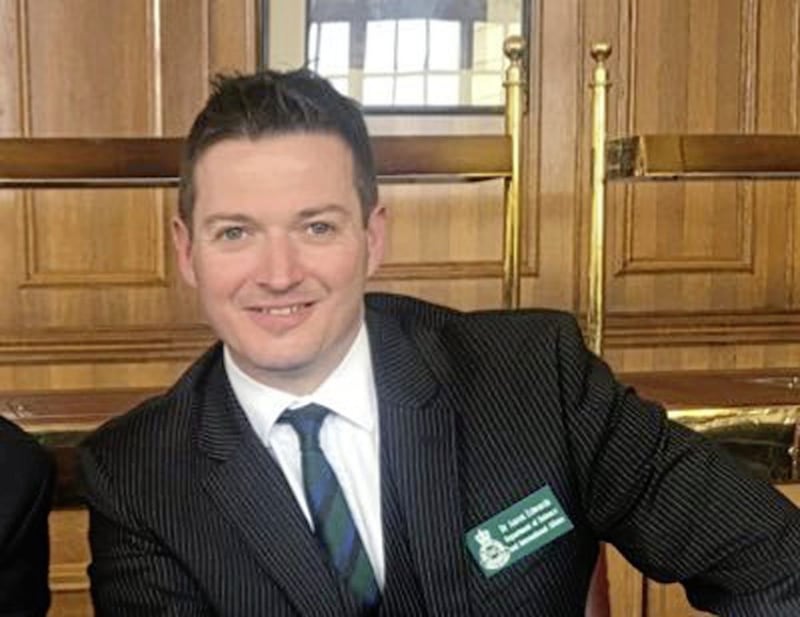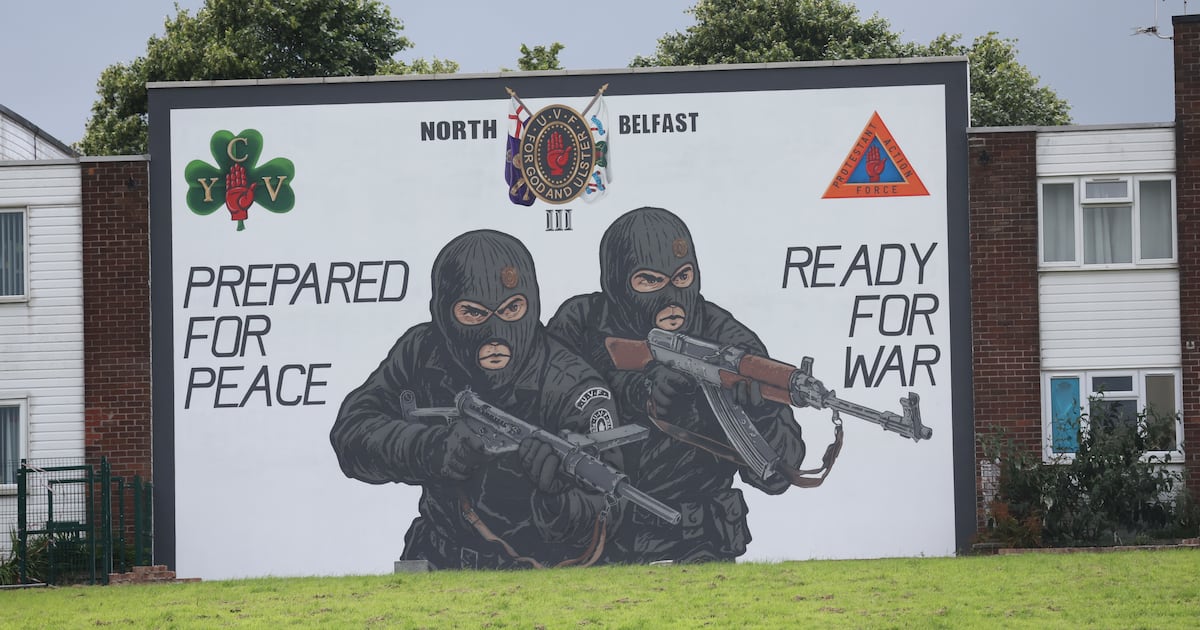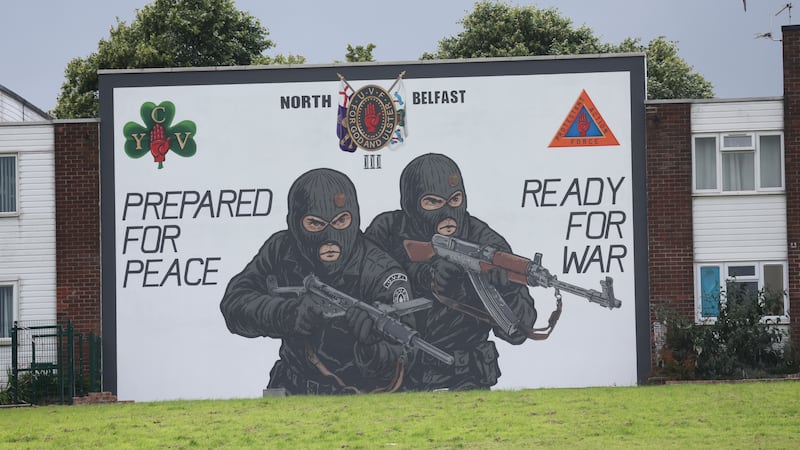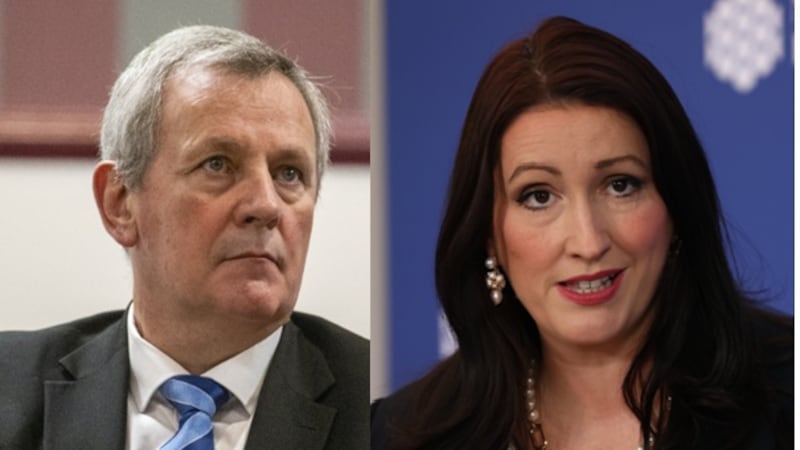The UVF is preparing to disband more than 30 years after it called a ceasefire as part of a deal with the British government, it has been claimed.
In 1994 it was one of several loyalist organisations, including the Red Hand Commando (RHC) and UDA, that called ceasefires.
Since then the organisation has been linked to the killing of around 30 people.
In 2007 it, along with the RHC, stated its intention to assume a “non-military, civilianised, role” and two years later both groups were involved in a decommissioning process claiming they had put their weapons beyond use.
It is thought that millions of pounds have been poured into groups linked to paramilitary organisations since the 1990s.
It is understood that despite this, the UVF has retained much of its paramilitary structure.
The group is also believed to be heavily involved in drug dealing and other forms of criminality in loyalist districts across the north.
 Dr Aaron Edwards
Dr Aaron Edwards
Dr Aaron Edwards, a leading authority on loyalism, has reported that the organisation’s leadership is now close to a deal with the British government on what is being called a “General Order of Disbandment”.
Dr Edwards, author of ‘UVF: Behind the Mask’, says the group’s leadership wants to retain 30-40 active members in each of its ‘battalion areas’ to act as a “praetorian guard” – or “close protection team” for prominent members.
Dr Edwards added, on his blog, that the small groups of remaining UVF members will be styled as “veterans associations”.
The academic said this will be seen by leading members of the group as a means of “dealing with the issue of criminality”.
The planned disbandment will not include any further decommissioning, Dr Edwards said.
Despite being on ceasefire the UVF has also been linked to high-profile incidents in recent years.
In March 2022 the PSNI blamed the group for a hoax bomb alert targeting Irish government minister Simon Coveney during a visit to north Belfast to attend a peace building event.
The incident has been linked to opposition to the Northern Ireland Protocol, which puts an economic border down the Irish Sea, and is bitterly opposed by loyalists.
The organisation’s Mid Ulster unit was also linked to a hoax alert at a bar in Warrenpoint, Co Down, around the same time.
In June 2022 prominent loyalist Winston ‘Winkie’ Irvine, a leading figure in the Loyalist Communities Council, was arrested by police investigating the Coveney hoax alert.
In May this year he was jailed for 15 months after he was caught with a haul of weapons in the boot of his car.
A co-accused also received a jail sentence.
The UVF has also faced internal difficulties over recent years.
In 2023 the group’s command structure in east Belfast was stood down and replaced by its Shankill Road leadership.
It was reported last month that loyalists had planned to announce the dismantling of all paramilitary structures in the autumn.
Last month, Lord John Alderdice, a former Alliance Party leader and chair of the Independent Monitoring Commission, which was closed down in 2011, told the BBC the loyalist paramilitary transition has not worked.
“A halt should be called, and you can’t call a halt now sooner than today,” he said.
“There comes a point when you have to say no, this hasn’t been delivered.
“It’s not going to be delivered. And, actually, by continuing we are making it worse.”


